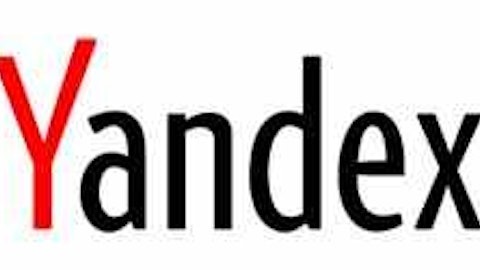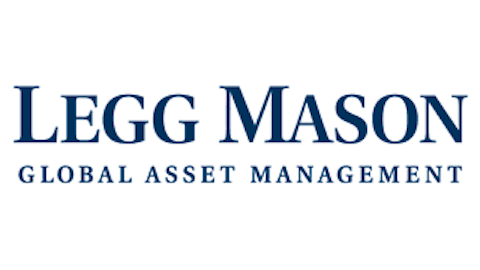Billionaire George Soros is best known for his success as a global macro investor, particularly in currency instruments, but his hedge fund Soros Fund Management is also heavily invested in equities (see a history of the fund’s stock picks). In mid August the fund filed its quarterly 13F with the SEC, disclosing many of its long equity positions as of the end of June. While many investors argue that the information in 13Fs isn’t recent enough to be of any use, we’ve actually found that the most popular small cap stocks among hedge funds earn an average excess return of 18 percentage points per year (learn more about our small cap strategy) with our own portfolio following this strategy having beaten the market by 33 percentage points in the last 11 months.
Of course, we can also look at George Soros’s stock picks and treat them as free initial investment ideas. To refine them further we can also look for stocks which Warren Buffett’s holding company Berkshire Hathaway reported owning in its own filing (find Buffett’s favorite stocks), as Berkshire has been a successful investor over the long term. Read on for our quick take on five stocks which both Berkshire and Soros’s hedge fund reported owning in their most recent 13Fs.
Both of these investors owned Wal-Mart Stores, Inc. (NYSE:WMT) at the end of the second quarter, with Berkshire Hathaway having more than $3.7 billion invested in the big-box discount retailer. After what had apparently been a terrible start to its fiscal year, Wal-Mart Stores, Inc. (NYSE:WMT) has at least experienced some degree of growth in its first couple quarters compared to a year ago. The trailing P/E of 14 shows that markets expect weak numbers from the company going forward. We would note that Wal-Mart Stores, Inc. (NYSE:WMT)’s beta is only 0.3, demonstrating a lack of dependence on overall economic conditions.

One of Soros’s fund’s largest holdings was its 2.5 million shares of Johnson & Johnson (NYSE:JNJ); Berkshire had a smaller position in the company. While the drug manufacturer and personal products company is a bit high priced in terms of its trailing earnings, sales rose 9% in the second quarter of 2013 versus a year earlier (with net margins expanding as well) and with Wall Street analysts expecting growth to continue next year the forward P/E is 15. It should be noted that at current prices and dividend levels Johnson & Johnson (NYSE:JNJ) pays a dividend yield of 3%.
General Motors Company (NYSE:GM) was another common pick between the two billionaires’ investment firms. The sell-side considers the automaker to have high upside potential, with expectations for growth over the next several years resulting in a forward earnings multiple in the single digits and a five-year PEG ratio of 0.6. However, we’d note that revenue growth was fairly limited last quarter- although General Motors Company (NYSE:GM)’s auto sales numbers from July 2013 did show higher growth rates than either Ford or Chrysler- and that the company actually recorded a decline in profits.
A fifth common pick between both Buffett and Soros was DISH Network Corp. (NASDAQ:DISH). The company is valued at a considerable premium to DirecTV whether we consider earnings numbers (the forward P/E is 22) or cash flow (the trailing EV/EBITDA multiple is 8.6x). Revenue grew only 1% in DISH Network Corp. (NASDAQ:DISH)’s most recent quarter compared to the same period in the previous year, and in fact adjusted earnings per share numbers were negative- for each of the last few quarters adjusted EPS has come in below analyst expectations. As a result we would avoid the stock.
Disclosure: I own no shares of any stocks mentioned in this article.





